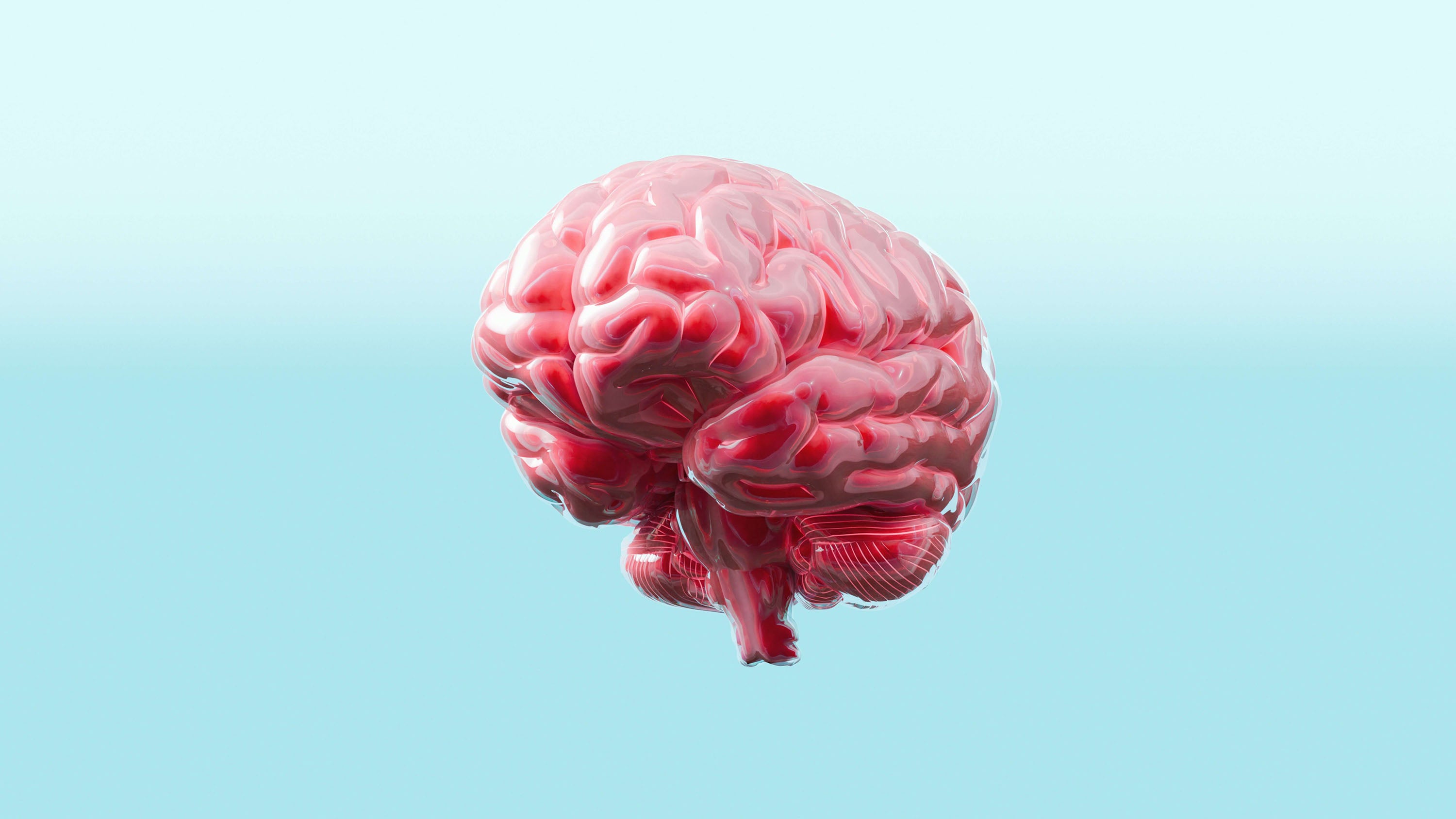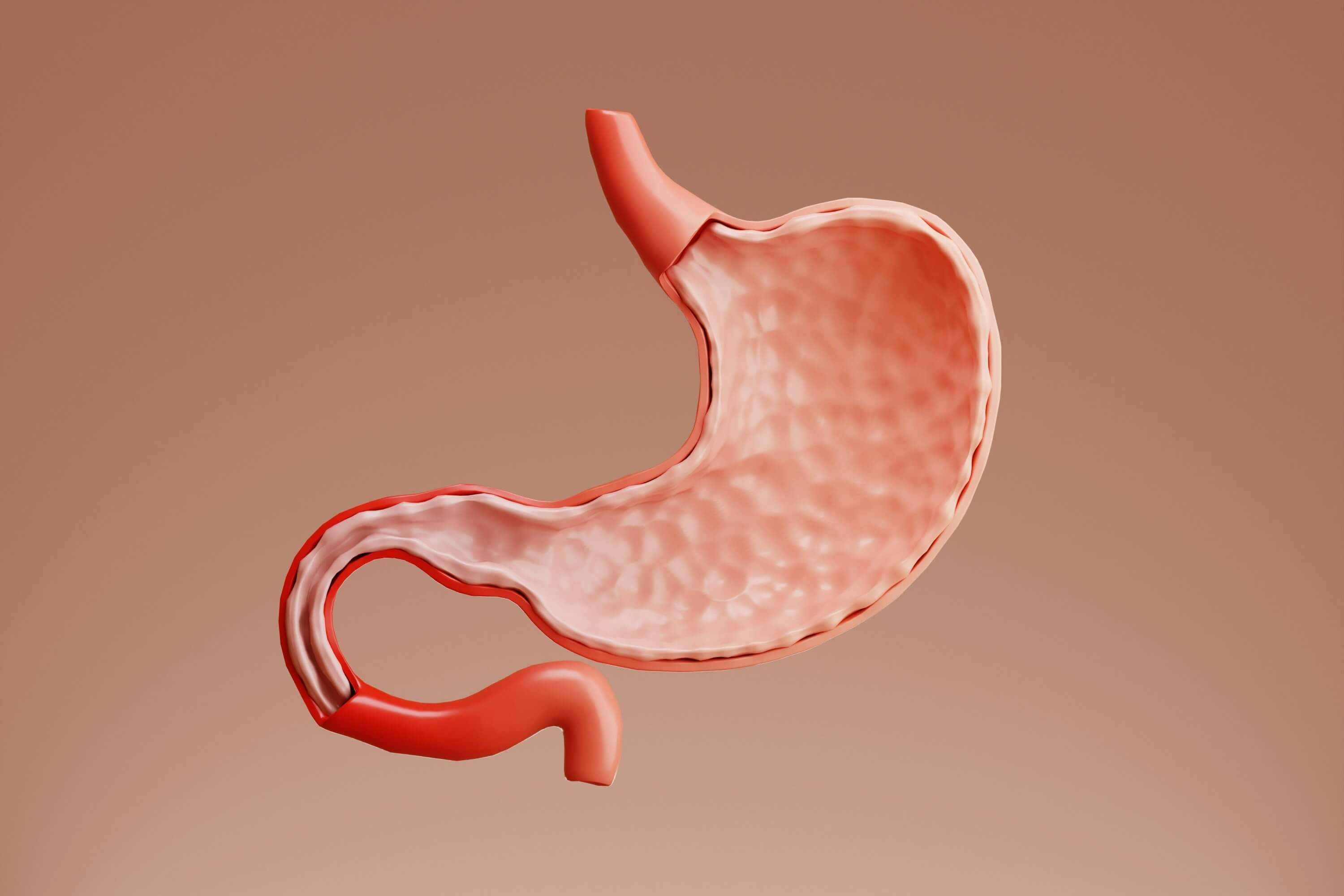The concept of the “hungry brain” reveals just how intricately our brain regulates hunger, appetite, and food intake. Despite our daily reliance on food, many of us may not realize how much of this process is governed by a complex system of neural circuits, hormones, and neurotransmitters. The brain communicates the body’s energy needs and food availability, ensuring we stay fueled throughout the day. However, when this system becomes disrupted, it can lead to overeating, food cravings, and, in some cases, obesity.
Key Components of the Hungry Brain
Several brain regions and processes work together to maintain balance when it comes to hunger and food intake. Understanding these can help shed light on how our brain influences eating behaviors.
- Hypothalamus: Often referred to as the brain’s control center for hunger, the hypothalamus plays a vital role in regulating energy balance. This region houses various nuclei that respond to hormonal signals related to hunger and satiety. Hormones like ghrelin, which stimulates hunger, and leptin, which signals fullness, are crucial in this process.
- Reward System: The brain’s reward system, including areas like the nucleus accumbens and the ventral tegmental area (VTA), drives the pleasurable aspects of eating. The release of dopamine, a neurotransmitter associated with pleasure, reinforces eating behaviors, particularly when we consume highly palatable foods such as those high in sugar and fat. This is one reason why we may crave indulgent foods, especially in moments of stress or emotional distress.
- Hormonal Signals: Various hormones play essential roles in regulating hunger and appetite:
- Ghrelin: Known as the “hunger hormone,” ghrelin is produced in the stomach and signals the brain to increase appetite.
- Leptin: Produced by fatty tissue, leptin helps signal the brain to decrease hunger and increase energy expenditure. However, in individuals with obesity, leptin resistance may occur, where the brain no longer responds effectively to leptin’s signals, leading to persistent hunger.
- Insulin: Produced by the pancreas, insulin signals the brain about the body’s energy status, impacting both hunger and food intake.
- Neurotransmitters: Several neurotransmitters influence appetite and eating behavior:
- Dopamine: Drives the pleasure associated with eating.
- Serotonin: Plays a role in mood regulation and can influence appetite and satiety.
- Neuropeptide Y (NPY) and Agouti-Related Peptide (AgRP): Both stimulate appetite.
- Pro-opiomelanocortin (POMC) and Cocaine and Amphetamine-Regulated Transcript (CART): These work to suppress appetite.
- Circadian Rhythms: Our internal body clock influences when we feel hungry and how we metabolize food. Disruptions in our circadian rhythms, like eating at irregular times or not getting enough sleep, can interfere with the regulation of hunger signals.
How the Hungry Brain Works
Our brain’s regulation of hunger and satiety is part of a broader system that maintains energy homeostasis—ensuring the body has enough fuel to function without overconsuming. Here’s how the process unfolds:
- Energy Homeostasis: The brain constantly monitors the body’s energy status. When energy stores are low, hunger signals increase to prompt eating. Once we’ve consumed food and energy stores are sufficient, the brain sends signals to suppress hunger and promote fullness, helping prevent overeating.
- Food Environment and Behavior: In today’s modern world, where calorie-dense, highly palatable foods are easy to access, the brain’s reward system can be overstimulated. Highly processed foods, rich in sugar and fat, activate the brain’s pleasure centers, making us more likely to overeat. This is why it can be hard to resist tempting foods when we’re exposed to cues like food advertisements, the smell of cooking food, or even social situations centered around eating.
- Obesity and the Brain: In individuals with obesity, the regulatory mechanisms that control hunger and satiety can become dysregulated. Leptin resistance, for example, can impair the brain’s ability to signal fullness, leading to persistent feelings of hunger and overeating—even when the body has sufficient or excessive energy stores.
Strategies to Address the Hungry Brain
If you’re struggling to manage your hunger, appetite, or eating habits, there are several strategies that can help restore balance and improve overall health:
- Healthy Eating Patterns: Establishing regular meals that include balanced nutrients (protein, healthy fats, and fiber) can help maintain stable hunger and satiety signals. Avoiding highly processed, sugary, and fatty foods can prevent overstimulation of the brain’s reward system.
- Mindful Eating: By paying closer attention to hunger and fullness cues, you can develop a better awareness of your true appetite. Eating slowly, avoiding distractions (such as TV or phone use), and focusing on the experience of eating can help prevent overeating.
- Regular Physical Activity: Exercise doesn’t just keep the body fit—it also helps regulate the hormones that control hunger and satiety. It can improve overall metabolic health and help maintain a healthier balance between energy intake and expenditure.
- Sleep and Stress Management: Ensuring adequate sleep and managing stress effectively are essential for maintaining healthy circadian rhythms and hormone regulation. Chronic sleep deprivation or high stress levels can lead to increased hunger and cravings, particularly for high-calorie foods.

Conclusion
The “hungry brain” is an extraordinary and highly sophisticated system that governs how we eat, when we eat, and how much we eat. By understanding the intricate processes that regulate hunger and satiety, we can take steps to ensure we are feeding our bodies in a way that supports optimal health. Strategies such as mindful eating, regular exercise, and stress management can help restore balance to the hungry brain, leading to healthier eating behaviors and better overall well-being.


